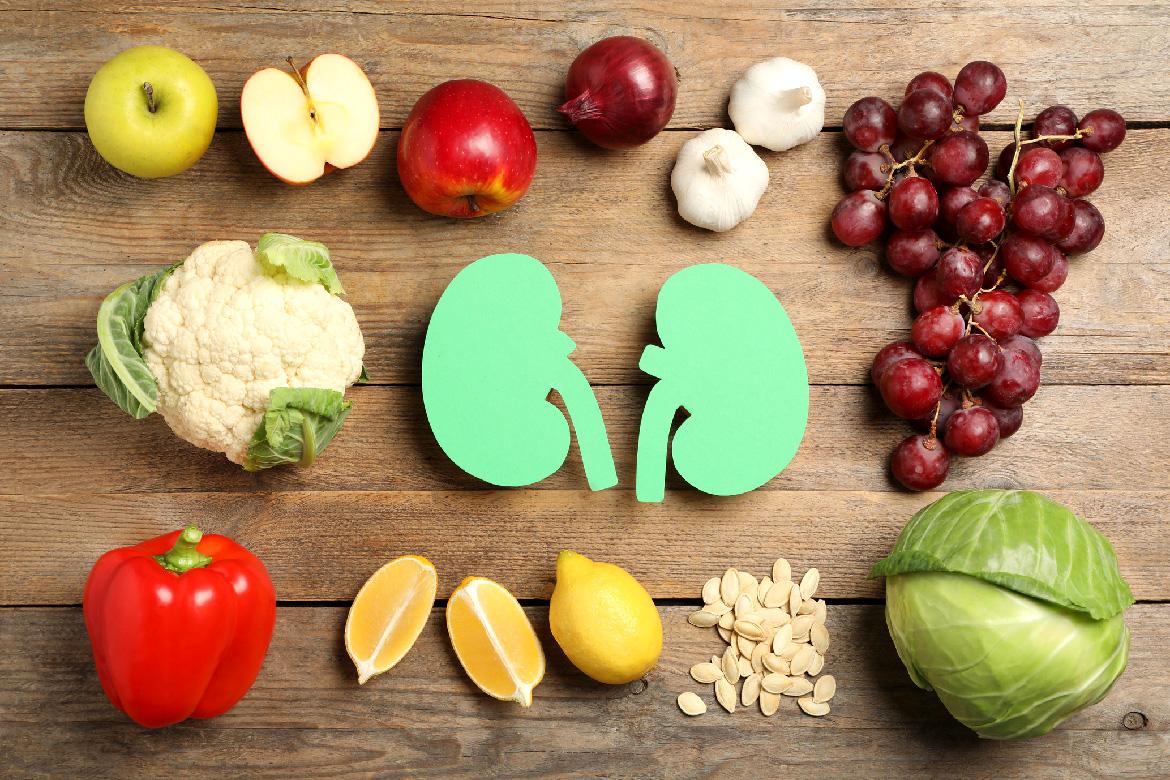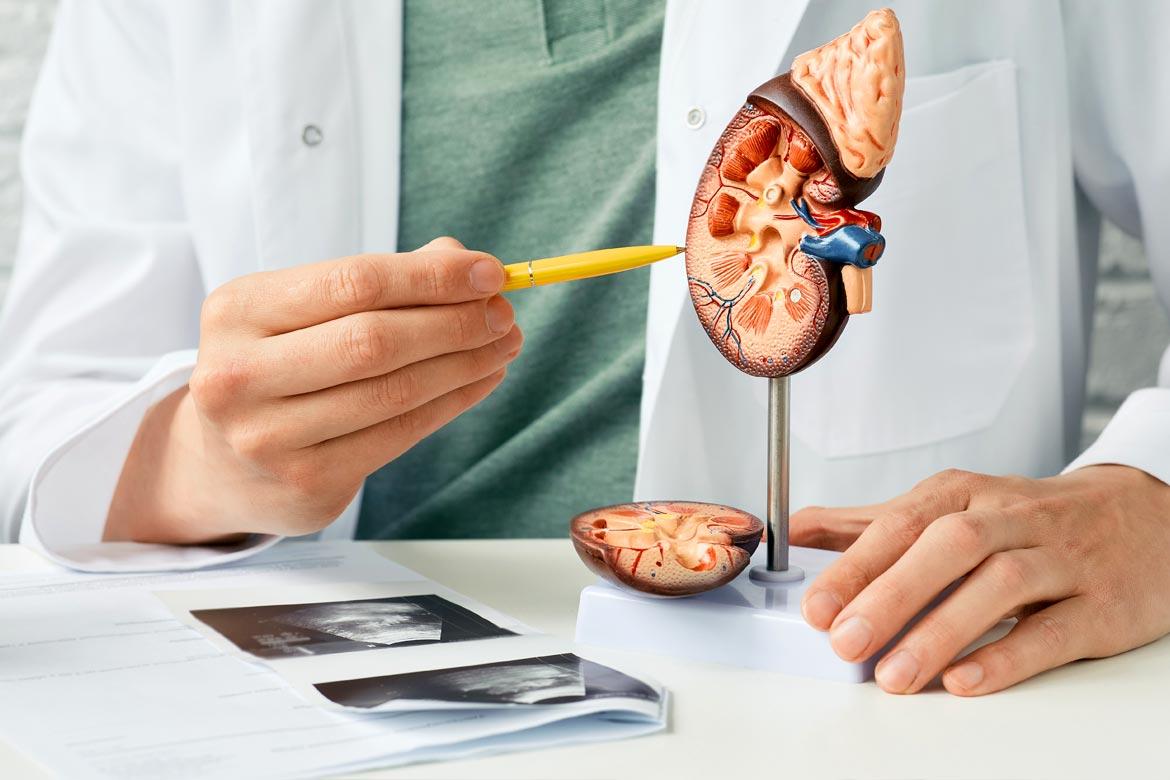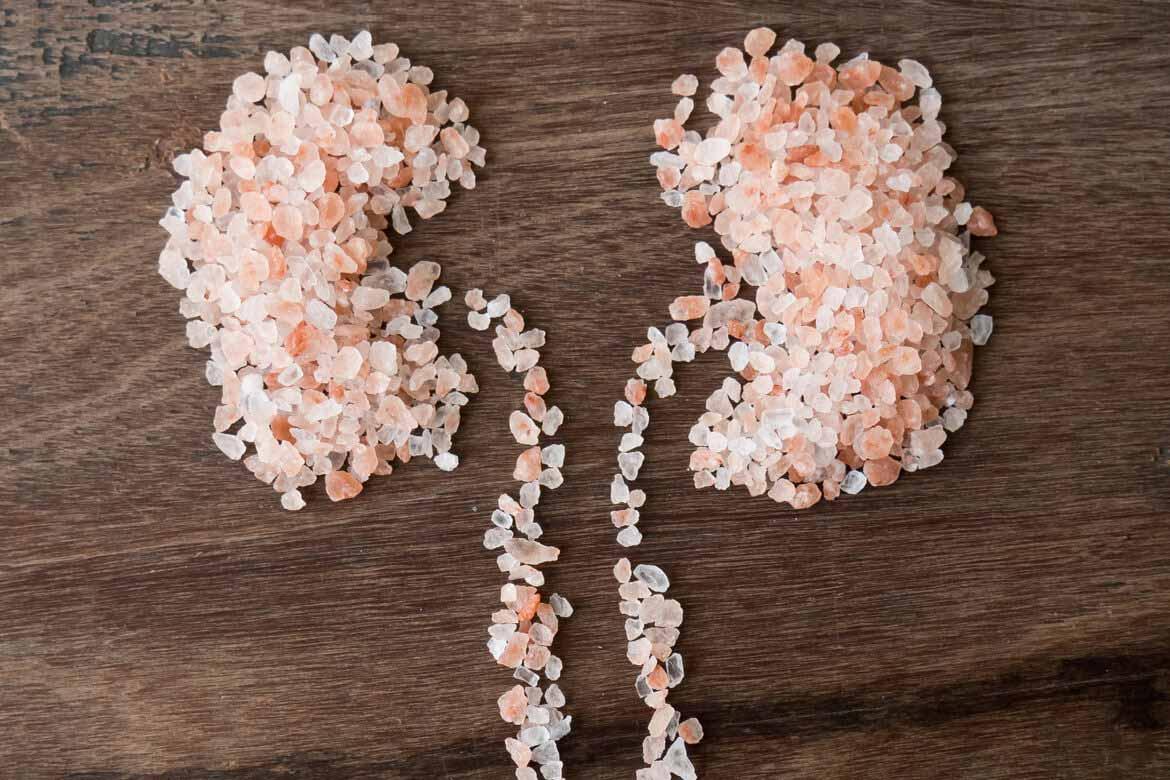-
-
Featured Care Areas

Chronic Kidney Disease
What is chronic kidney disease?
Chronic kidney disease (CKD) refers to a gradual loss of kidney function over time. The kidneys are vital organs responsible for removing excess fluids and waste products from the blood, which are then excreted in the urine. When CKD develops, the kidneys are unable to perform these functions effectively, leading to the accumulation of waste products and water in the body, which can have serious health implications.
Stages of chronic kidney disease
CKD is classified into 5 stages, based on the kidney's ability to remove waste products from the blood, known as the glomerular filtration rate (GFR):
- Stage 1: Normal or high GFR (GFR > 90 mL/min)
- Stage 2: Mild reduction in GFR (60-89 mL/min)
- Stage 3: Moderate reduction in GFR (30-59 mL/min)
- Stage 4: Severe reduction in GFR (15-29 mL/min)
- Stage 5: Kidney failure or end-stage renal disease (GFR <15 mL/min)
Chronic kidney disease can progressively lead to end-stage kidney disease (ESKD), otherwise known as kidney failure, a condition in which the kidneys are no longer able to function at a level needed for day-to-day life. ESKD requires treatment with dialysis or a kidney transplant.
What are the symptoms of chronic kidney disease?
Symptoms of CKD often remain unnoticed until the disease is advanced. They may include:
- Fatigue and generalised weakness
- Swelling in feet and ankles
- Puffiness around the eyes, especially in the morning
- Dry and itchy skin
- Frequent urination, particularly at night
- Blood in the urine
- Foamy urine (due to excess protein in the urine)
- Poor appetite
- Muscle cramps
What causes chronic kidney disease?
The primary causes of CKD include:
- Diabetes: High blood sugar can damage the kidneys over time
- Hypertension: High blood pressure can put a strain on the small blood vessels in the kidneys, impairing their function
- Glomerulonephritis: Inflammation of the kidney’s filtering units
- Prolonged obstruction of the urinary tract, from conditions such as an enlarged prostate, kidney stones, and some cancers
- Recurrent kidney infection, known as pyelonephritis
- Prolonged use of drugs that are toxic to the kidneys
What are the complications and related diseases of chronic kidney disease?
CKD can lead to several conditions and complications such as:
- Cardiovascular disease: Patients with CKD are at a significantly higher risk for cardiovascular diseases, including heart attacks, heart failure, and strokes.
- Mineral and bone disorder: As kidney function declines, imbalances in minerals and hormones such as calcium, phosphate, and parathyroid hormone can occur, leading to bone demineralisation and an increased risk of fractures.
- Anaemia: Reduced kidney function causes a decrease in the production of erythropoietin, a hormone essential for the formation of red blood cells, and can lead to anaemia.
- Electrolyte imbalances: The kidneys play a critical role in balancing electrolytes, including potassium and sodium. CKD can disrupt this balance, potentially leading to dangerous conditions such as hyperkalemia, which can cause cardiac arrhythmias.
- Metabolic acidosis: As kidney function declines, they become less efficient at excreting acid, leading to metabolic acidosis. This condition can cause bone disease, muscle wasting, and a further decline in kidney function.
- Uremia: In the advanced stages of CKD, high levels of urea and other waste products build up in the blood, a condition known as uremia. This can cause symptoms such as nausea, vomiting, a metallic taste in the mouth, and severe itching.
Progression to kidney failure
Perhaps the most severe complication of CKD is its potential to progress to end-stage kidney disease (ESKD) or kidney failure. At this stage, kidney function is so impaired that dialysis or a kidney transplant becomes necessary to sustain life.
How do you prevent chronic kidney disease?
Preventing CKD centres on managing its risk factors effectively, especially for individuals with conditions such as hypertension and diabetes, which significantly increase the risk of developing CKD.
Some ways to prevent the onset or progression of kidney disease include:
- Maintain healthy blood pressure: Keeping blood pressure within levels recommended by your healthcare provider is crucial.
- Control blood sugar levels: For those with diabetes, maintaining blood glucose levels within the target range can prevent or delay the onset of kidney damage. Regular monitoring and appropriate diabetes management are essential.
- Follow a balanced diet: Eat a diet low in salt, processed foods, and saturated fats. Include plenty of fruits, vegetables, and whole grains to support overall health and kidney function.
- Exercise regularly: Aim for at least 150 minutes of moderate-intensity aerobic activity, such as walking, cycling, or swimming, each week.
- Avoid harmful medications: Limit the use of medications that can stress the kidneys, such as nonsteroidal anti-inflammatory drugs (NSAIDs). Always discuss with your healthcare provider before taking any new medication, especially over-the-counter drugs.
- Early detection: Regular screenings for kidney function and albuminuria (protein in the urine) are recommended for individuals at risk due to diabetes, hypertension, or a family history of kidney disease. Early detection of any reduction in kidney function can lead to earlier intervention and better outcomes.
This coverage checker is brought to you by Health Insured, an online resource that helps you understand your health coverage in Singapore.
This page has been reviewed by our medical content reviewers.
Need help?
For enquiries, please call
+65 6377 3737
For appointment bookings, please WhatsApp
+65 8111 3777








